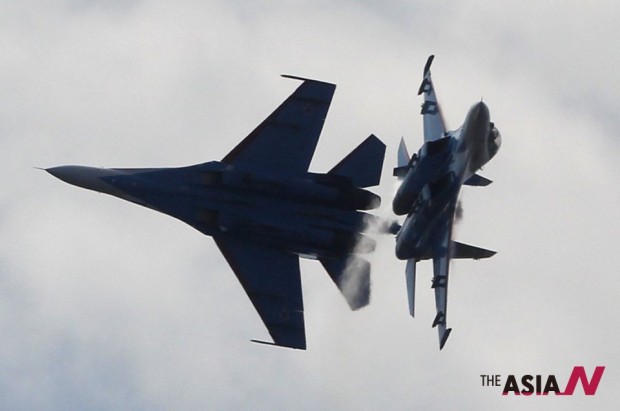Chinese embassy asks US to stop muscle flexing in the South China Sea
 BEIJING, June 9 (People’s Daily, Chen Shangwen) “China is exercising its legitimate rights by upholding the sovereignty of our islands in the South China Sea.” The New York Times received a dispassionate retort from the Chinese embassy, in response to NYT’s editorial titled “Playing Chicken in the South China Sea”.
BEIJING, June 9 (People’s Daily, Chen Shangwen) “China is exercising its legitimate rights by upholding the sovereignty of our islands in the South China Sea.” The New York Times received a dispassionate retort from the Chinese embassy, in response to NYT’s editorial titled “Playing Chicken in the South China Sea”.
The editorial on May 21 noted the incident that two Chinese fighter jets monitored the American plane carrying out close reconnaissance in Chinese coastal waters. “A collision could have been catastrophic,” the editorial board asserted Chinese jet done an “unsafe” maneuver. Then it brought about the arbitration case launched by the Philippines against China over the South China Sea.
In the letter to NYT’s editorial page, Zhu Haiquan, the press counselor and spokesman for the Chinese Embassy in the U.S., stressed that Chinese military aircraft followed the American plane from a safe distance. “Our operation was completely compliant with safety and professional standards. The attempt at intimidation by American military aircraft in the South China Sea, however, was not.” he wrote.
As for the arbitration case, Zhu Haiquan once again explained that China’s sovereignty over the Nansha Islands and Xisha Islands was restored after World War II, in accordance with the Cairo Declaration and the Potsdam Proclamation. “But in the 1970s, certain countries started to illegally occupy some islands and reefs of the Nansha Islands.” he mentioned.
China firmly believes that the only way to resolve the disputes is the negotiation between states directly concerned, and has already signed border treaties through peaceful negotiations with 12 out of 14 land neighbors. The same practice should be adopted in the South China Sea. “By not accepting or participating in the arbitration unilaterally initiated by the Philippines, China is acting in accordance with international law.” he emphasized.
“We hope the United States, instead of flexing muscles, could play a responsible and constructive role to promote dialogue and negotiation.” he added.
























































